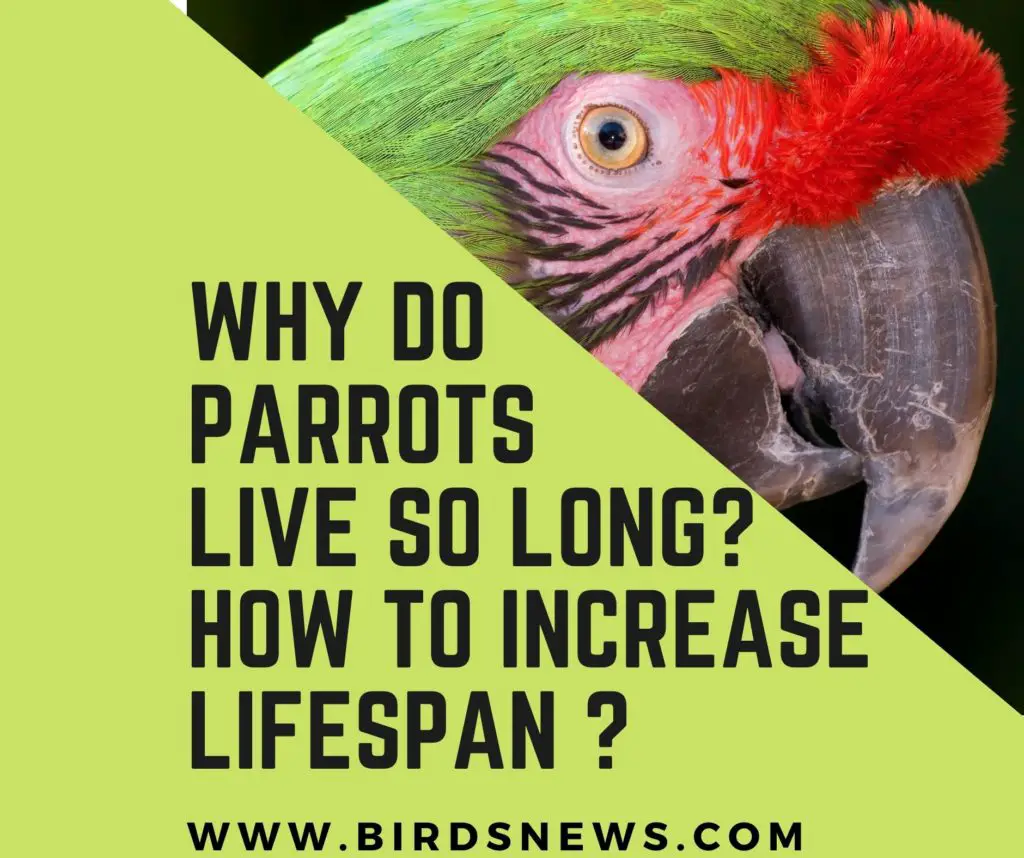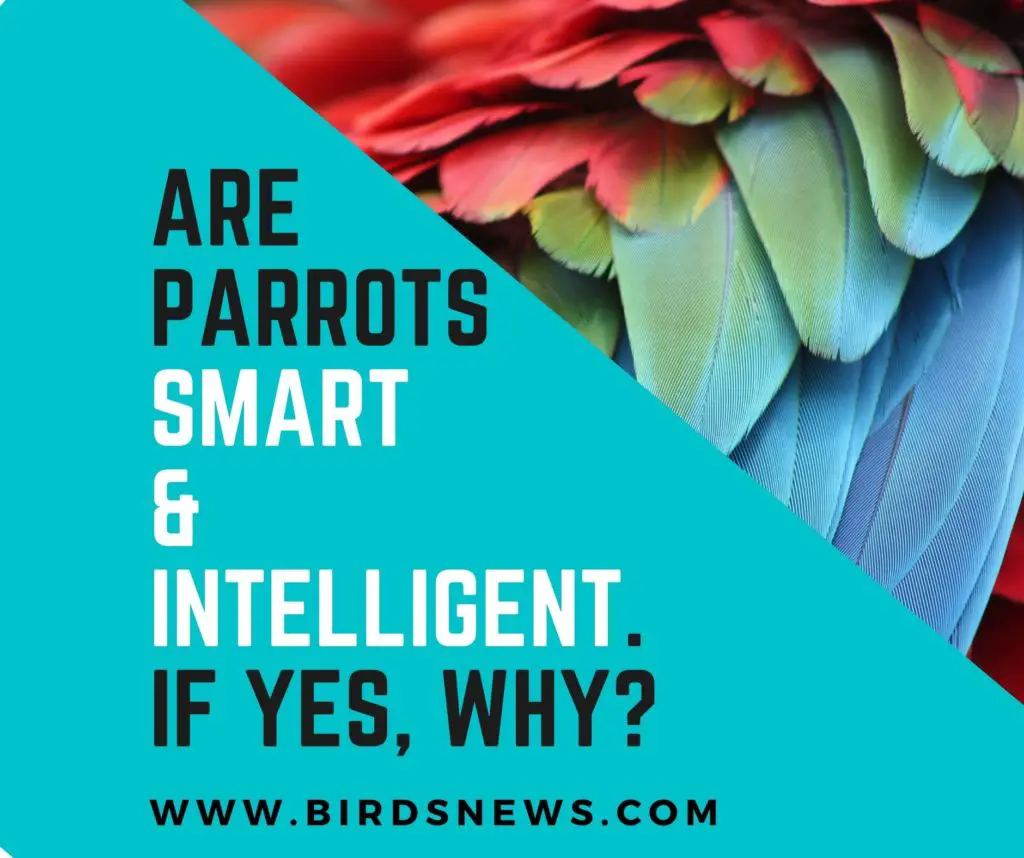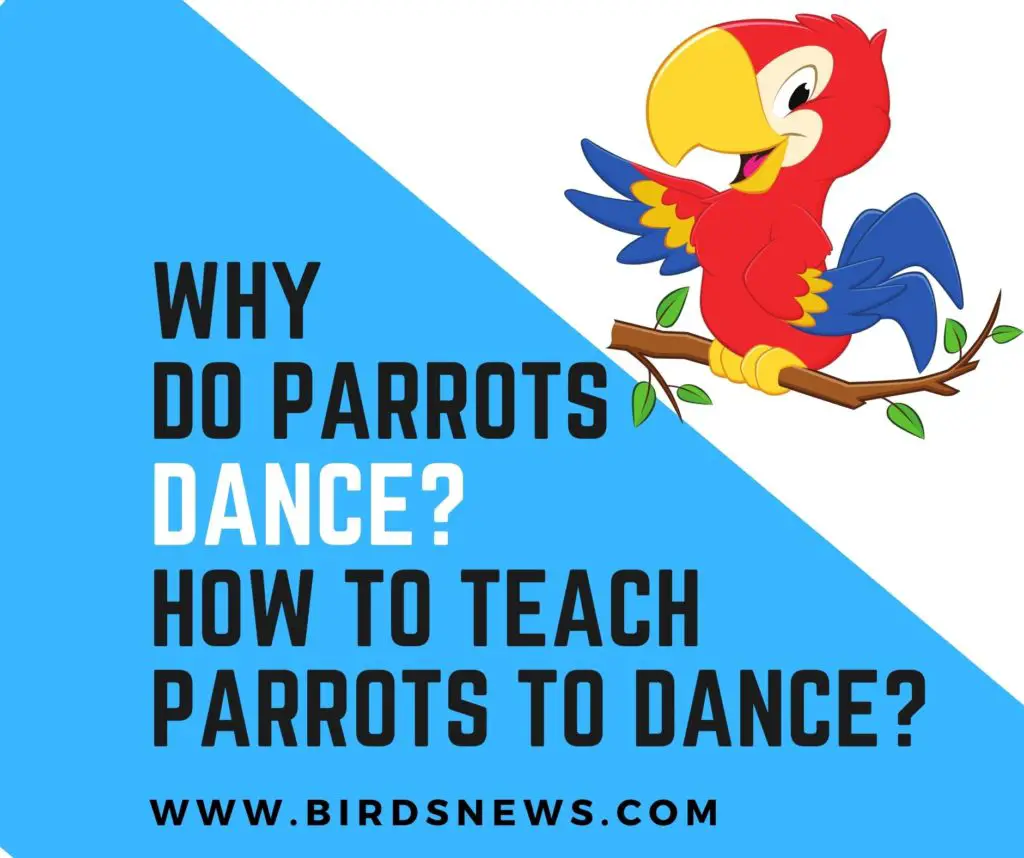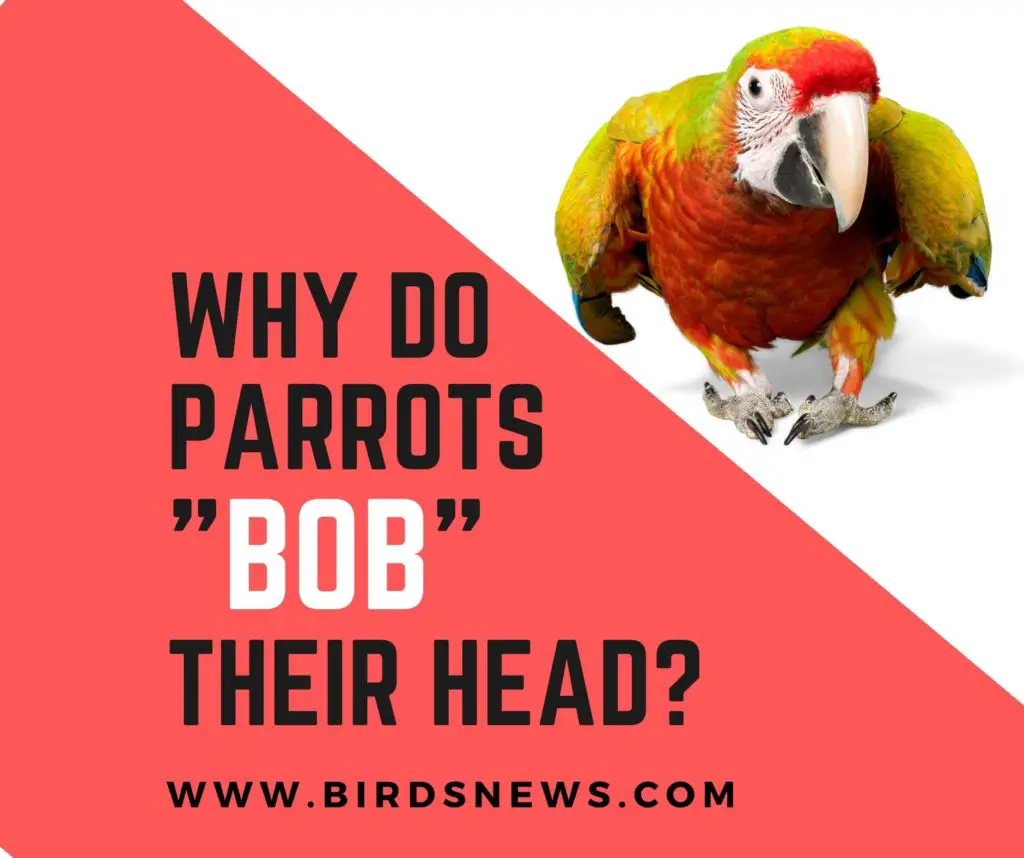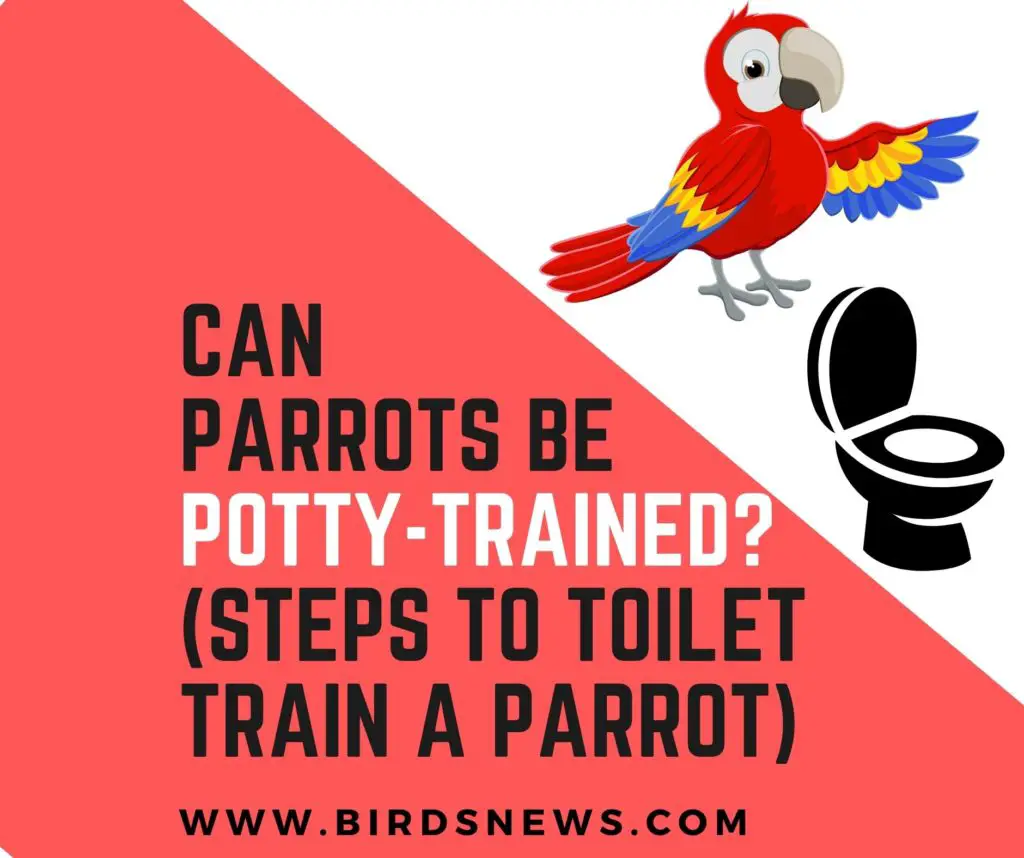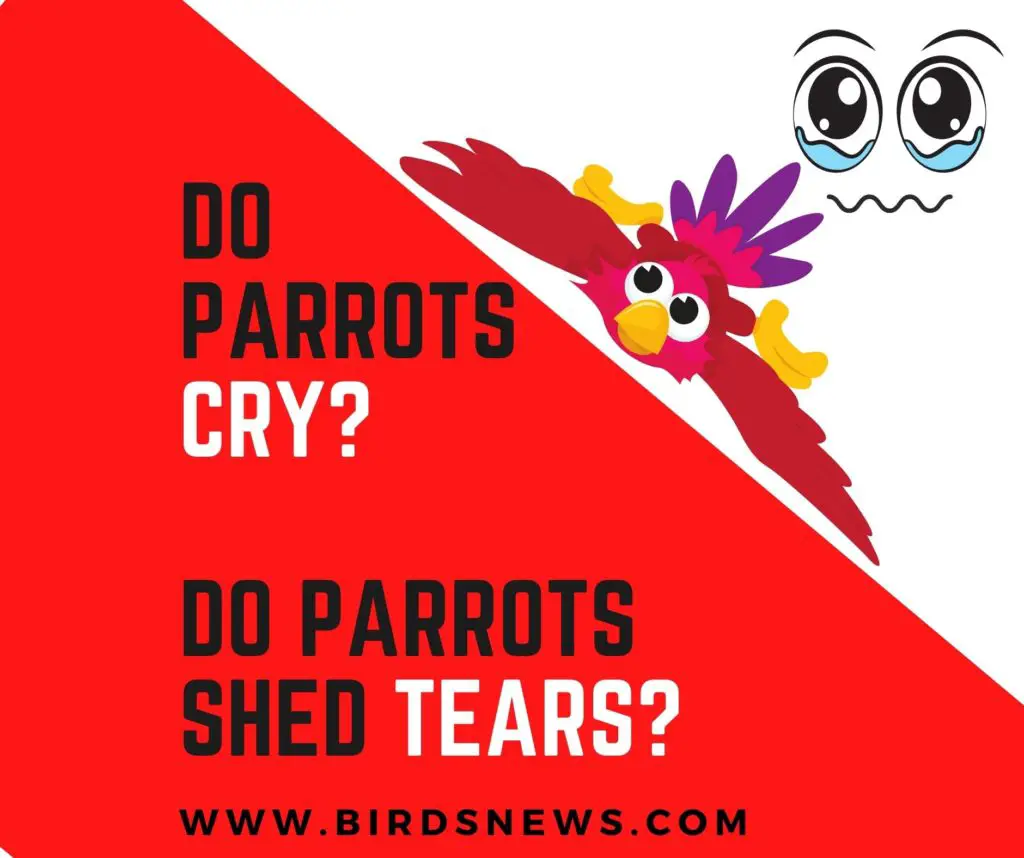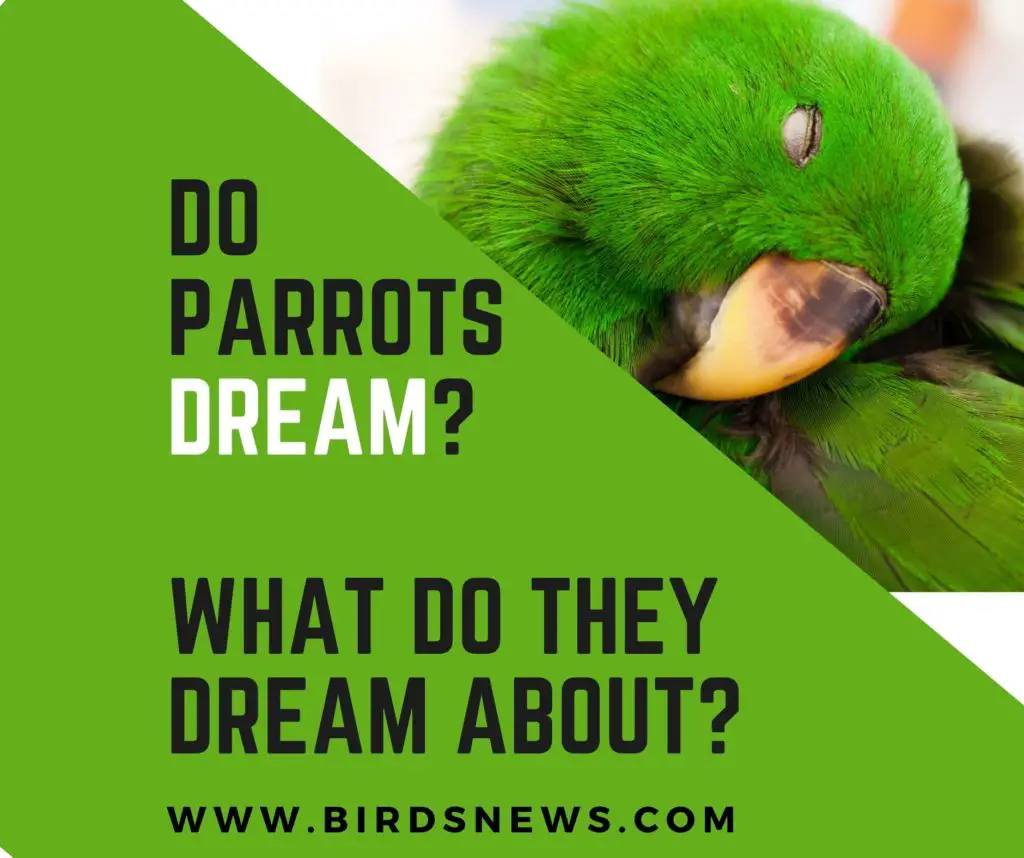Choosing a parrot as a pet is a big decision, considering that it may just outlive you if it has a healthy life. So, you must be wondering as to why parrots live so long?
Parrots live so long because of conserved mutations in their genes that are linked to longevity. A recent study found these mutations in 344 genes of the parrot, genes that support DNA damage repair, limit overgrowth, cancers, and slow down cell death caused by stress.
Many people are surprised to know that parrots live a long life and, at times, can even outlive their owners. Hence, you must be wondering the reason for their longevity.
So, continue reading to gain insights on the various factors that enable parrots to live longer and how you can increase the life span of your pet parrot.
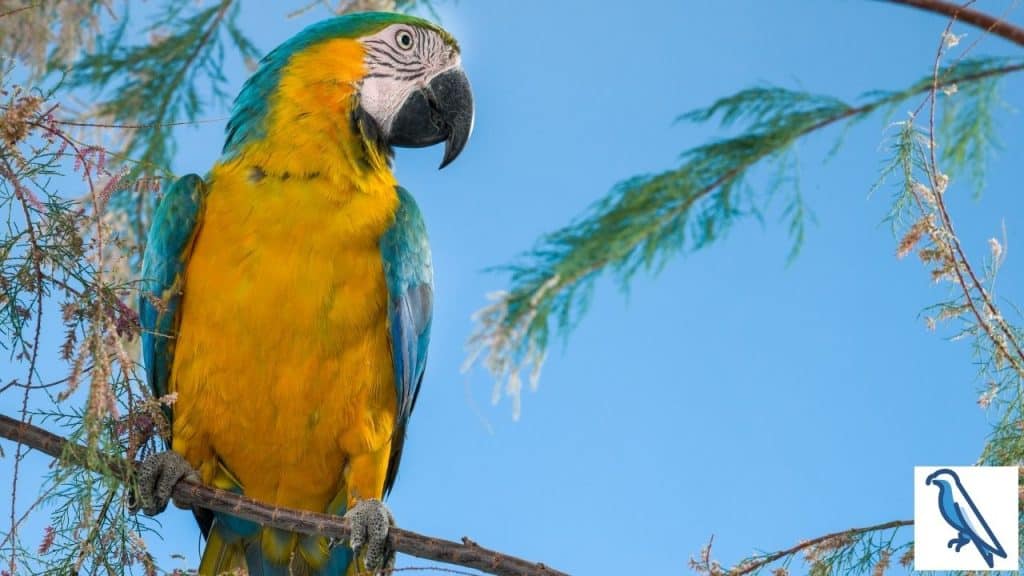
Reasons Why Parrots Live Longer
Parrots are extremely intelligent and have the gift of flight. This makes them difficult for predators to hunt.
While predators hunt and eat other birds that aren’t as clever, parrots had a chance to evolve more than other birds.
Parrots outsmart and evade predators so well gave time to develop beneficial mutations in their genes that aid longevity.
In simple words, parrots are more evolved than other birds. Neuroscientist Claudio Mello at Oregon Health and Science University believes that parrots are to other birds as humans are to other primates in their genome development.
Intelligent animals tend to have longer life spans because they’ve had more time to evolve than others who are easily hunted. When an intelligent animal can also fly, it further decreases its chances of being caught by predators.
With very few parrots being killed by other animals in the wild compared to other birds, most parrots die due to illness and disease.
It leaves the healthy parrots behind to breed more healthy parrots, and the cycle of weeding out the unhealthy gets refined during every generation. The parrots that die of illnesses don’t get to reproduce their bad genes.
Besides, birds have a high metabolic rate, high resting glucose, and body temperature. That is why experts believe that birds like parrots outlive mammals.
Birds like parrots possess unique mechanisms that protect them from rapid aging and enjoy a long life.
Larger parrots like African Greys live longer on average than smaller parrots like lovebirds.
How Long Do Parrots Live?
Some parrots can live more than 100 years, like Charlie, age 114 years, a blue and gold macaw from England.
She was Winston Churchill’s pet parrot in the 1940s and received a large amount of fame in the process.
Poncho, a green-winged macaw from the US, lived to 92 years of age. She was a movie star that played alongside famous actors like Jim Carrey.
Cookie, a Major Mitchell’s Cockatoo also from the US, lived to 83 years. He spent his life from the age of only one year in the Brookfield Zoo.
If his age was any indication of his health and happiness, he enjoyed his long life in the safe hands of the zookeepers.
Most zoo animals live a more straightforward, stress-free life in a zoo than in the wild if the zoo is run correctly. Cookie was a prime example of this.
Those were a few parrots that made world records for their ages, but what is the parrot’s average life expectancy? Here are a few examples.
Generally speaking, the larger the parrot, the longer it lives.
- African Grey parrots can live up to 60 years or more.
- Amazon Parrots can live 25 to 75 years of age.
- Parakeets can live for up to 20 years.
- Cockatoos and Macaws live for about 50 years, depending on the species.
- Lovebirds, about 15 years.
What Factors Affect A Parrot’s Life?
The length of a parrot’s life depends on the nutrition they receive, their mental health, and how much veterinary care and support they receive whenever required.
Nutrition
A parrot, if well-nourished, faces less physical and mental illness. A balanced diet of seeds, grains, nuts, fruits, vegetables, and pellets will keep your parrot healthy. These are the types of food with the right amount of vitamins, proteins, fats, and minerals.
Mental Health
Besides a well-rounded diet, good mental health also depends on your parrot’s environment. Just like humans, parrots develop diseases when their state of mind is stressed.
Your parrot will thrive more if it gets a stress-free environment and a clean enclosure to spread its wings. Besides, access to natural sunlight enables parrots to process their nutrients better.
It helps to establish an appropriate day and night cycle that is so vital for their mental well-being.
Veterinary Care
The life of a parrot is extended greatly when they have access to healthcare. If your parrot is behaving differently and concerns you, a trip to the vet can save its life from illnesses with the doctor’s medication and expertise.
Genetics
While purchasing a pet parrot, you need to choose one from a trustworthy breeder. It helps as they can provide you with all the necessary health information on your parrot’s parents.This information is vital as genetics also plays an important factor in longevity.
Interesting Further Reading:
- Do Parrots Build Nests? + Do Pet Parrots Need Nest?
- Why Do Parrots Eat Paper? + Is Paper Consumption Dangerous For Parrots?
- Do Parrots Overeat? + What Happens When Parrots Overeat?
How To Make A Parrot Live Longer In Captivity?
Parrots have the potential to accompany you for your entire life. Hence, with proper care, you can increase the life of your pet parrot.
Let’s discuss some of the factors that can make your parrot live longer.
High-quality food and water
As mentioned above, seeds, nuts, pellets, grains, fruits, and vegetables have all the proteins, fats, and nutrients your parrot needs. For extra calcium, you can feed your parrot-boiled eggshells.
Make sure you daily provide fresh water to your parrot. If you use a watering device with a nozzle where the parrot drinks from, make sure the water level is going down every day.
Sometimes those nozzles can get clogged, and you won’t realize your parrot is being deprived if you don’t watch the levels.
Stress-free environment
Make sure to place your parrot’s cage in an area that receives natural light from outside.
Direct sunlight for part of the day is very healthy. It would help if you also covered your parrot’s cage with a thick blanket at night for it to sleep peacefully without any disturbances from movement or lights in the house.
There should be enough space in the cage for your parrot to stretch its wings, climb ladders, and move around freely.
A small wooden box inside the cage for your parrot can also be beneficial for its health. It is a place where they can go inside, similar to a hole in a tree. It’s where they can feel safe and relaxed.
Daily social interaction
Parrots are social animals. They love to interact. You need to ensure that you interact with your parrot daily to keep it happy and chirpy.
In the wild, parrots live in large flocks. They participate in many activities like traveling, eating, preening, bathing, roosting, playing, and vocalizing.
Hence, parrots have an innate need for companionship. It would be best not to make your parrot feel lonely, no matter how busy your schedule is. Interaction is vital for your parrot’s emotional well-being.
Health Care
If you make sure to keep your parrot healthy with regular check-ups at the vet, it stands to live a longer life.
Even when you may think that everything is fine, there can be things that your vet can identify that you can’t. So regular check-ups will extend the life of your parrot.
Do Parrots Die Early?
Yes, although they can live long lives, parrots can die early in many circumstances. Some of the common reasons are mentioned below.
Physical injury
If your parrot hears a loud noise at night, its first instinct may be to jump up and fly away, as they do in the wild. But when the parrot is caged, the evasion technique’s force against the cage’s top can quickly kill the parrot. It is known as “night fright.”
Dehydration
Your parrot can die if it has no water for three days. Make sure to provide water for your parrot every day. You can pour the old water into your plants if you don’t want to waste any.
Poisonous fumes
Many vapors, smoke, and fumes might be ok for you to inhale, but for your parrot, they can be deadly. Fumes from non-stick cookware, heat lamps can be a problem, especially when the material from where the fumes are coming is made of polytetrafluoroethylene (PTFE).
Fumes from cleaning chemicals can also kill your parrot so take the parrot cage outside while doing intensive cleaning.
Keep the parrot cage away from the kitchen, where there are many different fumes.
Smoke and vapor from cigarettes and vaporizers can also be harmful to your parrot.
Do Parrots Live Longer In The Wild?
No, parrots don’t live longer in the wild because there are predators that hunt them. They also have no access to any medical attention if they’re injured or ill in any way.
They have to hunt for food which can be stressful. Food in the wild can sometimes cause a parrot to get sick.
Extreme weather conditions like flooding or drought can cause food shortages and high-stress levels in parrots.
Domesticated parrots have all the food they need without going out to find it. They are protected from the elements.
They also live longer because they have someone watching them every day, so when they feel ill, they can receive medical assistance to preserve their life.
Recommended Further Reading:
- How Do Parrots Help The Environment? + How Do Parrots Help The Humans
- Do Parrots Have Tongue? + Use Of Parrot’s Tongue
- Do Parrots Dream? + What Do They Dream About?
Points To Remember
Parrots live so long mainly because they have had a long time to evolve without predators getting in the way. Parrots are very clever and fast to fly away when danger is near.
By escaping predators more effectively than other birds, parrots have benefited from more generations of beneficial evolutionary mutations in their genes. Genes are linked to fighting diseases and aiding cell repair.

Hi, There and Welcome to BirdsNews.com, is here to help you learn and care about pet birds. and this blog is a journal of everything I’ve learned.

